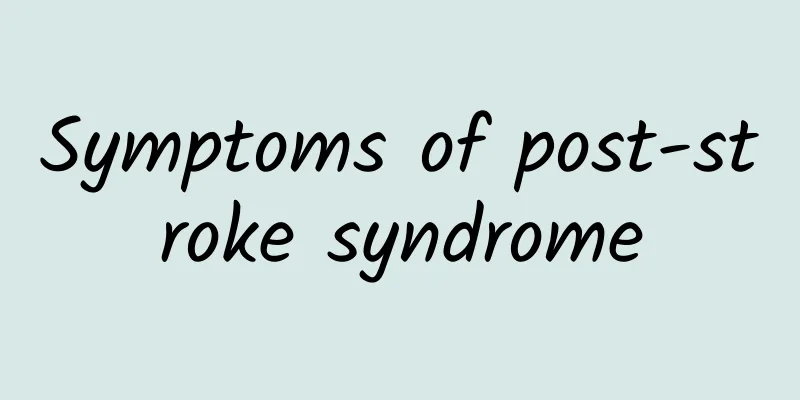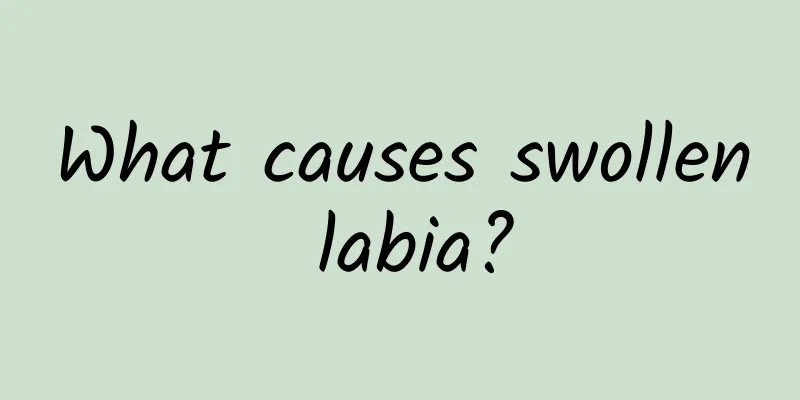Symptoms of post-stroke syndrome

|
Stroke is a common brain disease in our human body, and this disease is very harmful. A large number of stroke patients die after the onset of the disease, which is also related to the sequelae of stroke. There are many sequelae of cerebral stroke, and these sequelae of cerebral stroke also have many symptoms, which determines the difficulty of curing this disease after cerebral stroke. Stroke is very scary for most people, because there are many stroke patients around us who lose their lives in a short period of time due to many complications after the onset of the disease. Of course, this is also related to the fact that current medicine has little effect on the treatment of stroke. So, let me first introduce the symptoms of sequelae of cerebral stroke. Sequelae of stroke refer to symptoms such as hemiplegia, language disorders, or facial paralysis that still exist one year after the onset of the stroke. This period is also called the post-stroke sequelae period. Compared with the recovery period, the recovery speed and degree are slower. Symptoms and Signs The main clinical manifestations of stroke are mental disorders and movement, sensory and language disorders. After a period of treatment, except for consciousness, other symptoms will still exist to varying degrees. These symptoms are called sequelae. The severity of sequelae varies depending on the patient's physical condition and complications. Common sequelae of stroke are as follows: Numbness: The affected limbs, especially the extremities, such as fingers or toes, or the cheek skin on the hemiplegic side have a crawling sensation, a tingling sensation, or a slow response to stimulation. Numbness is often related to weather changes. The numbness is particularly obvious when the weather changes suddenly, when it is hot and humid, before and after rain, or when the weather is cold. The mouth is crooked and the eyes are slanted, and the facial muscles below the eye bag on one side are paralyzed. The symptoms include shallowing of the nasolabial groove, drooping corners of the mouth, and exposed teeth. When puffing the cheeks and whistling, the corners of the mouth tilt toward the healthy side and drool, which is more obvious when talking. Central paralysis: Central paralysis, also known as upper motor neuron paralysis, or spastic paralysis, spastic paralysis. It is caused by damage to the pyramidal cells in the motor area of the cerebral cortex and the nerve fibers they send out, the pyramidal tracts. Due to damage to the upper motor neurons, they lose their inhibitory and regulatory effects on the lower motor neurons, causing the reflex function of the spinal cord to be "released" and resulting in weakened or absent voluntary movements. Clinically, the main manifestations are increased muscle tone, hyperreflexia of the tendons, pathological reflexes, and spastic paralysis. Peripheral paralysis: Peripheral paralysis, also known as lower motor neuron paralysis, or flaccid paralysis, soft paralysis. It is paralysis caused by damage to the anterior horn cells of the spinal cord, the motor nuclei of the brainstem, and the nerve fibers they send out - the ventral roots of the spinal cord, spinal nerves, and cranial nerves. Due to damage to the lower motor neurons, the muscles they control do not receive the necessary impulses and excitement, which manifests clinically as decreased muscle tone, weakened or absent reflexes, accompanied by muscle atrophy, but no pathological reflexes. From the above introduction, we can see that, as mentioned above, there are many sequelae of cerebral stroke, and there are more symptoms of sequelae of cerebral stroke. The general symptoms of sequelae of cerebral stroke are: mental disorder, numbness of the limbs, central paralysis, etc. These are undoubtedly very harmful to the human body, so our patients must receive timely treatment. |
<<: Symptoms of fatty liver in the elderly
Recommend
Tooth extraction precautions and contraindications
When diseased teeth, caries, misaligned teeth, et...
How do babies come out during normal birth?
In fact, everyone knows that the way women give b...
Can myopia be corrected?
Myopic patients usually see things blurry, especi...
How to improve enlarged pores on legs
Many people will find that their body pores are v...
Symptoms and treatment options for hypokalemic periodic paralysis
Speaking of hypokalemic periodic paralysis, I bel...
What is the correct way to decoct Chinese medicine?
Traditional Chinese medicine is the crystallizati...
What are the effects and functions of Wumei Pills?
I believe many people have eaten black plums in t...
How to eat Cordyceps militaris
Cordyceps militaris is a very rare edible fungus....
What's wrong with the two petals of the little toenail?
What causes a toenail to break in two? Many peopl...
Will jaundice go up again after it goes down?
After jaundice has subsided, it may rise again. T...
What medicine should I take if I catch a cold after being caught in the rain?
No matter what season it is, you may catch a cold...
What to do if you are allergic to cold air
Because of the cold air, the indoor temperature i...
Do I need to avoid certain foods after taking Chinese medicine?
When taking Chinese medicine, pay attention to di...
What is the reason for men to have yellow urine for a long time?
We know that a person's health status can be ...
Don’t ignore the early symptoms of various tumors!
As we all know, there are benign tumors and malig...









